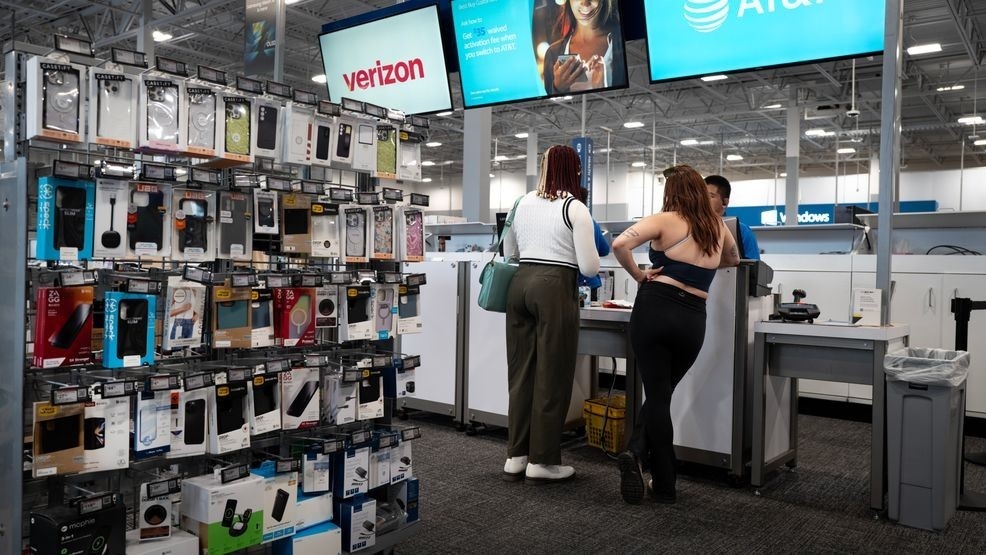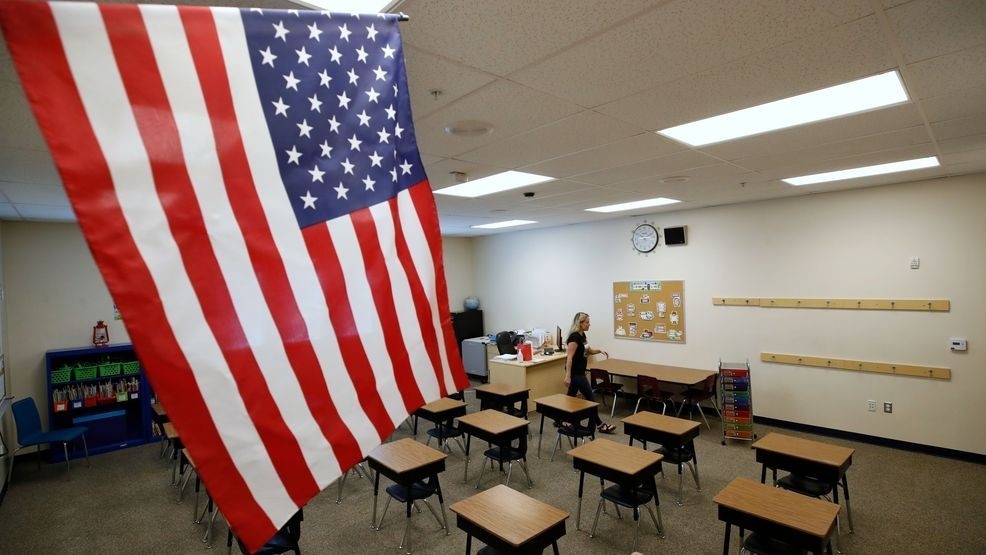Description
(TNND) — A rebound in consumer sentiment stalled out this month, a long-running survey from the University of Michigan showed Friday.
The university’s consumer sentiment index ticked down 5% month over month to a reading of 58.6.
That’s the preliminary reading for August, with the cutoff of survey results on Aug. 11. The month’s final results will be released Aug. 29.
The consumer sentiment index dipped to 52.2 in April and May, coinciding with President Donald Trump’s initial announcement of reciprocal tariffs.
The index improved to 60.7 and 61.7 in June and July, respectively, before preliminarily dipping to 58.6 this month.
And year-ahead inflation expectations ticked up this month to 4.9% after coming in at 4.5% in July. But that remains lower than the 6.5% and 6.6% year-ahead inflation Americans were fearing in April and May, respectively.
The current actual rate of inflation, as measured by the consumer price index, is 2.7%.
Joanne Hsu, the survey’s director and chief economist, said there’s a preponderance of evidence throughout the survey that Americans are worried about rising prices.
“So, I think what we are seeing is pretty clear that the decrease in consumer sentiment is being driven primarily by perceptions of high prices right now, specifically for buying conditions for durables,” Hsu said, referencing major household items, such as furniture and appliances. “So, we had a 14% decline in buying conditions for durables. That is very, very large."
Hsu said the cost of living remains the top financial concern for Americans.
And the hit to consumer sentiment this month is likely attributable to the reescalation of tariff rhetoric.
“I don't know that any one specific announcement is going to be the trigger for consumers,” she said when asked about the impact of a new round of reciprocal tariffs that went into effect last week.
Those new tariffs apply to more than 60 countries.
SEE ALSO: More revenue, more investment and higher prices: new round of tariffs go into effect
The Yale Budget Lab said the effective tariff rate has increased from about 2.4% at the start of the year to 18.6% now, the highest since 1933.
And the Budget Lab estimated that the average American household will take a $2,400 hit from tariffs this year.
“Consumers continue to be very cautious about the future of the economy,” Hsu said.
And she said consumers feel uncertain about where tariffs on China will land, with negotiations extended another 90 days.
The University of Michigan’s nationwide survey asks people about business conditions, buying conditions and personal finances. They take the economic mood of the country, and they’ve been doing so for decades.
To put the consumer sentiment index reading of 58.6 in context, the index’s reading only dipped below 90 once in the three years before the pandemic.
The reading hit a record low of 50 in June 2022, at the peak of pandemic-induced inflation.
RELATED STORY: Easing tariff concerns, OBBB passage have small business owners feeling better
Consumer sentiment bumped up to an index reading of 74 in December, following the election.
“But the contour that we've seen since then has really been closely tied to tariff policy,” Hsu said. “And I think this wouldn't necessarily have been the case if inflation weren't already on the forefront of consumers’ minds from the post-pandemic inflationary period. Inflation has been top of mind, has dominated consumer thinking about the economy for over three years.”
The tariffs added to those concerns. And the size of the current tariffs isn’t helping to ease consumers’ minds, she said.
“We saw something similar with consumer views reacting to the tariff announcements during the first Trump administration, but those tariffs were much more limited, they were targeted, and they were much lower,” Hsu said.
Hsu said consumers are also worried about the job market.
She said over 60% of consumers are expecting unemployment to worsen in the year ahead.
“And this to me is something that doesn't get enough attention,” Hsu said. “Because this is the critical difference between now and three years ago, when sentiment was low, inflation was high, and people felt terrible about the economy at that time but kept spending through it.”
Other Related News
08/15/2025
VALDOSTA Ga WALB - The Valdosta Police Department VPD cleared an officer of excessive forc...
08/15/2025
TNND Chronic absenteeism remains a big problem for American students a new report from RA...
08/15/2025
WALB is working to produce a video for this story In the meantime we encourage you to watc...
08/15/2025
WALB is working to produce a video for this story In the meantime we encourage you to watc...
08/15/2025









